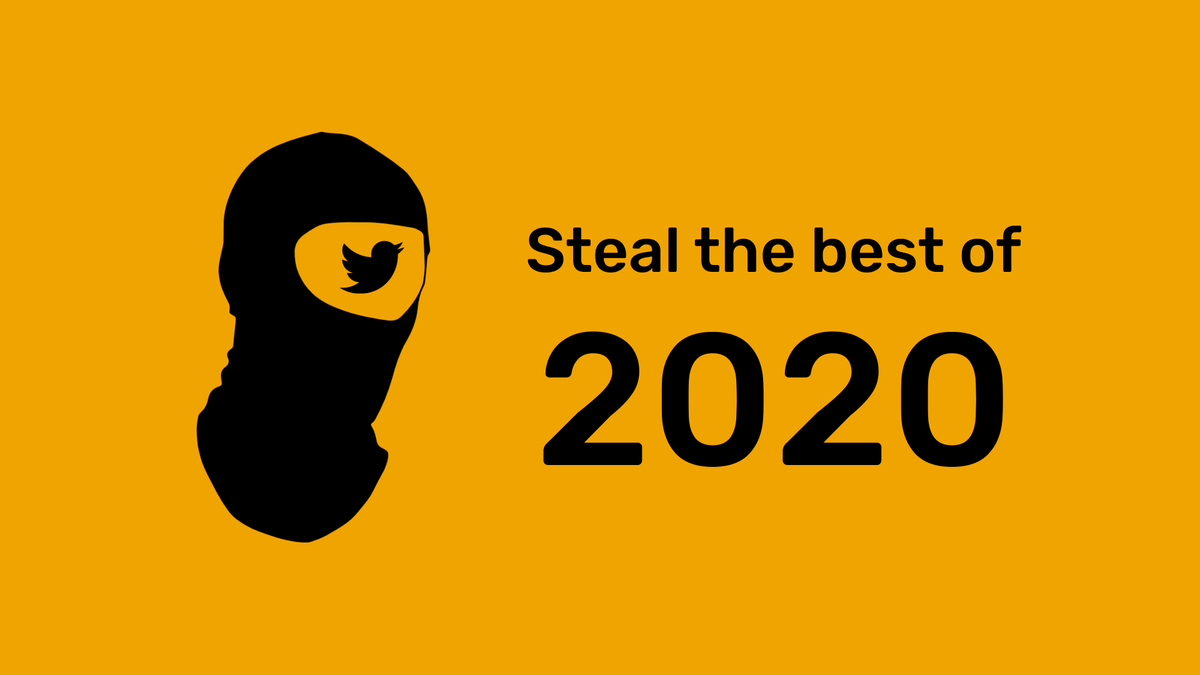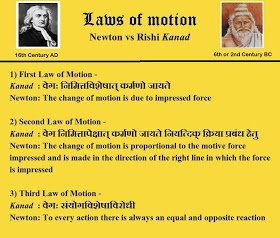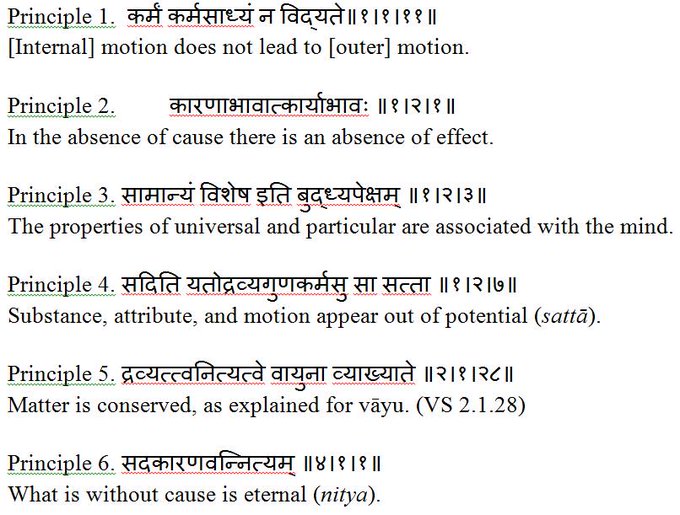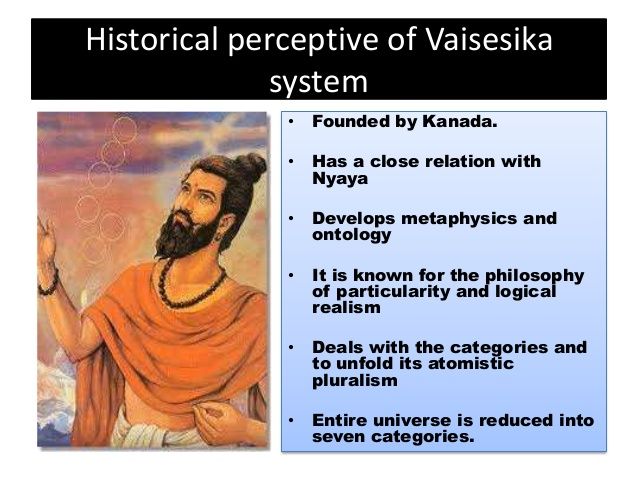It is past due time we talk about microaggressions on interviews (a thread #MedTwitter #AcademicTwitter):
First, microaggressions are harmful! Despite their name, they signal “you don’t belong here” to marginalized groups.
Second, interview days are already nerve-wrecking.
I didn’t have an opportunity to report most. When I shared once, I was told how the person had a “good heart” and is a leader so nothing can be done. Message received: power matters more than my hurt.
More from Twitter
Every single critic of "cancel culture" just thinks the wrong people are getting canceled. pic.twitter.com/DDIVccj8zV
— Michael Hobbes (@RottenInDenmark) February 2, 2021
Obviously, people will disagree about which norms are important, about how bad it is to violate them, and thus about how severe the social cost ought to be. That's just pluralism, man, and it's good.
It's important to openly talk through these substantive differences, which is why derailing these conversations with hand-waving moral panic about "cancel culture" is obnoxious and illiberal.
Screaming "cancel culture!" when somebody pays a social costs other people have been fighting hard to get others to see as necessary is often just a way to declare, with no argument, that the sanction in question was not only unnecessary but in breach of a more important norm.
It's impossible to uphold social norms without social sanctions, so obviously anti-cancelers are going to want to impose a social cost on people they see as imposing unjustly steep social costs on others.
119/7 = 17 & Q = 17
https://t.co/LQShObYZqn

119 \u27977 is now the Chairman of the Public Interest Declassification Board. This new information could be of importance to many. I wonder what that could mean for those who have taken actions to obscure potentially damaging information from the public view?
— 337Tomahawk (@absitminded) December 23, 2020
I can’t find the like , or it appears to have been “unliked” but here’s a video of someone who claims it was there just a few hours ago
— Dr. A. non Questry (@DQuestry) December 27, 2020
This comes from the JFK grandchildren video singing “Timber”
@ 0:50 👀
https://t.co/AmjDZ74kCl

Check the domino. Posted to 4ch it has zero returns on tineye

Now check the domino
Posted to 4ch it has zero returns on tineye

I bookmark everything that looks interesting and go there when in need of inspiration.
This is a thread-recap of the best-saved tweets from 2020 (for me at least) and what you can steal from each one. 🧵👇

The year chart by @jakobgreenfeld
What to steal: the idea and the design
Create a chart with the key moments of your growth. It's a great reflective exercise for you and it can be a great learning experience for your
Here's roughly how I grew from 0 to 1400 followers in 4 months. pic.twitter.com/NqY54cWXpC
— Jakob Greenfeld (@jakobgreenfeld) December 15, 2020
Let's collaborate by @aaraalto
What to steal: the idea.
Creating a blank piece of content (could be a sentence, a design, a video...) that your audience can later
Let's collaborate
— Aaron Aalto (@aaraalto) December 17, 2020
Step 1: Take this image
Step 2: Be creative with it
Step 3: Reply with your creation pic.twitter.com/xCcCShLvdI
Advice to first-time info product creators by @dvassallo
What to steal: the insight
This tweet was one of the sparks for me writing the Twitter Thief ($1,3k revenue says it's good
My advice to first-time info product creators:
— Daniel Vassallo (@dvassallo) July 26, 2020
1. Start with a very small product.
2. Choose a topic you know well that will almost write itself. Avoid doing research.
3. Timebox production to 2 weeks.
4. Charge $10.
5. Promote it!
All the lessons are in #5. Best of luck!
How to be a better writer by @JamesClear
What to steal: the insight
A world-class writer giving free writing lessons. The tweet is from 2019 but I discovered it this
How to be a better writer:
— James Clear (@JamesClear) July 5, 2019
-write about what fascinates you
-make one point per sentence
-use stories to make your point
-cut extra words like \u201creally\u201d and \u201cvery\u201d
-read the whole thing out loud
-post publicly (you\u2019ll try harder when you know others will read it)
What else?
You May Also Like
A small tribute/gift to members
Screeners
technical screeners - intraday and positional both
before proceeding - i have helped you , can i ask you so that it can help someone else too
thank you
positional one
run - find #stock - draw chart - find levels
1- Stocks closing daily 2% up from 5 days
https://t.co/gTZrYY3Nht
2- Weekly breakout
https://t.co/1f4ahEolYB
3- Breakouts in short term
https://t.co/BI4h0CdgO2
4- Bullish from last 5
intraday screeners
5- 15 minute Stock Breakouts
https://t.co/9eAo82iuNv
6- Intraday Buying seen in the past 15 minutes
https://t.co/XqAJKhLB5G
7- Stocks trading near day's high on 5 min chart with volume BO intraday
https://t.co/flHmm6QXmo
Thank you
















